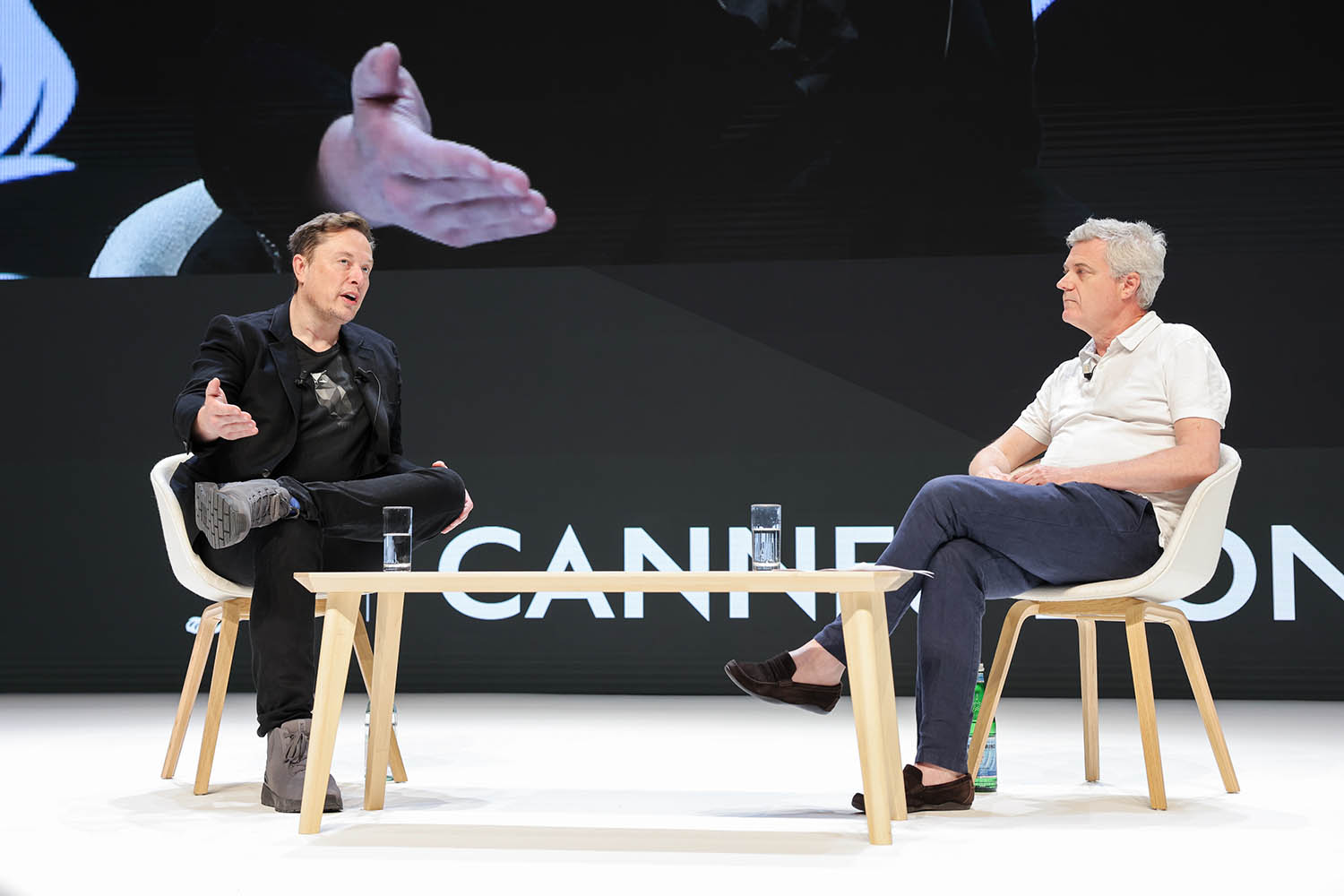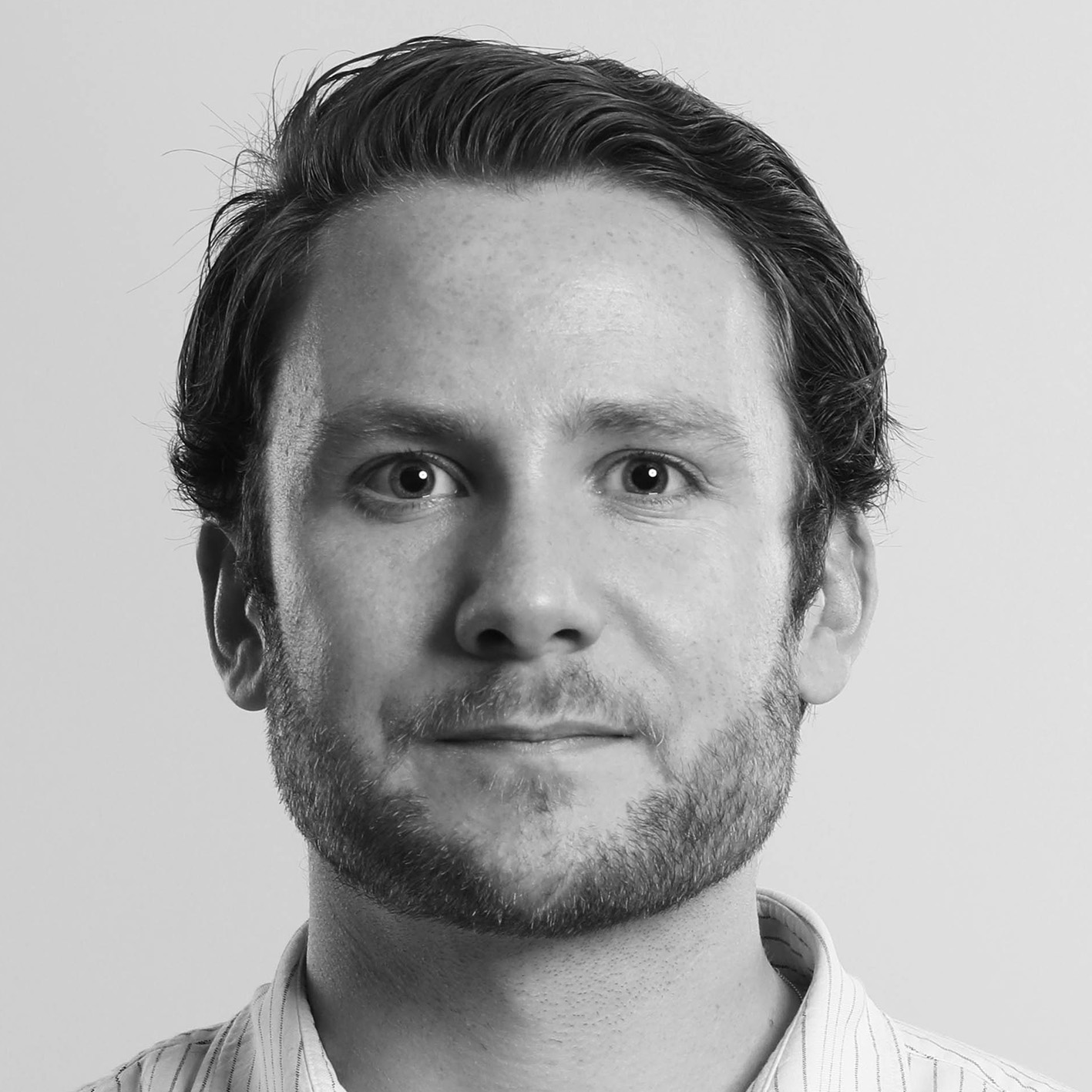When the Cannes Lions international festival of creativity kicks off on Monday there will be a conspicuous absence among the annual jamboree of advertisers and marketeers.
Mark Read, chief executive of WPP, announced he was stepping down last Monday, ending a 30-year career at the UK’s largest advertising group.
The industry is at a crossroads, torn between the power of AI and the value of human creativity. Is advertising a tech business or a people business? The choice of Read’s successor will say much about how WPP sees the future of marketing.
Read was no doubt feeling the pressure, but his departure appears to be a personal choice. He had run the company for seven years, having taken over after the tumultuous exit of Martin Sorrell. The share prices of the world’s big advertising agencies are almost all down over the past year, but WPP’s has fallen more steeply, by nearly a third.
Net revenue dropped 1% in 2024 and, more recently, big accounts, including Paramount and, last week, Mars, were snatched by European rival Publicis, which saw net revenue growth of 5.8% in 2024.With the arrival in January of the new chair, former BT chief Philip Jansen, Read is understood to have read the room. He chose to make his exit, judging that he had restored financial discipline and set the strategic direction for the group.
Read was an early adopter of AI tools and more than 50,000 people now use WPP Open, the agency’s AI platform, which can turn simple text prompts into social media ads in minutes. But the adoption of rapid AI has drawn attention to the fact that many of his colleagues further down the rungs at WPP may not be choosing for themselves whether to stay or go.
“Most agencies still operate on a fee basis, which is based on number of people and number of hours. With genAI [generative AI], that's fundamentally got to change,” said Jay Wilson, an analyst at Gartner.
WPP is not alone in its AI travails: 87% of marketers across the industry are concerned that technology, including genAI, will replace jobs, according to Gartner.
Even in recent weeks, redundancies are up: recruitment specialists in the advertising sector report a surge in people sending in their CVs.
Agencies such as WPP are squaring up with some of the biggest innovators on the planet. Big tech hoovered up almost two-thirds of the £45bn spent by advertisers in the UK this year. Meta boss Mark Zuckerberg has said he wants to create tools that mean “you don’t need any creative, you don’t need any targeting, you don’t need any measurement, except to be able to read the results that we spit out”.
Newsletters
Choose the newsletters you want to receive
View more
For information about how The Observer protects your data, read our Privacy Policy
Within hours of Read’s announcement last Monday, board directors were conducting candidate interviews, kickstarting a process that had been brewing under wraps for several months.
External runners for the top job are said to include Danny Kenny, chief executive of Nielsen; Matt Brittin, the outgoing chief of Google in Europe, the Middle East and Africa; David Droga, who stepped down last month from Accenture Song; and Wendy Clark, president of Consello group.
Internally, Brian Lesser, chief executive of WPP Media, looks like a strong option, while Stephan Pretorius, the group’s chief AI architect, would send a clear signal.
For the FTSE-listed WPP, part of the challenge will be stumping up an attractive pay packet. As a point of comparison, Philippe Krakowsky, chief executive of IPG, is in line to receive a “golden parachute” of $49m, as he moves onto another big-paying post at Omnicom.
In addition to the pay question, Jansen must also find someone who is willing to wield the axe. In addition to the pay question, Jansen must also find someone who is willing to wield the axe. “It's like a religious question: some people believe an internal candidate knows where the body is buried and knows what will work in an organisation,” said a source in the industry. “Some people believe only an external candidate can look at the situation objectively and be sufficiently ruthless with a fresh pair of eyes. It depends.”
What is certain as Cannes kicks off is that an industry that already has a reputation for fierce competition is only set to become more cutthroat. The battle between agencies and genAI is just getting started.
Photograph by Richard Bord/WireImage

